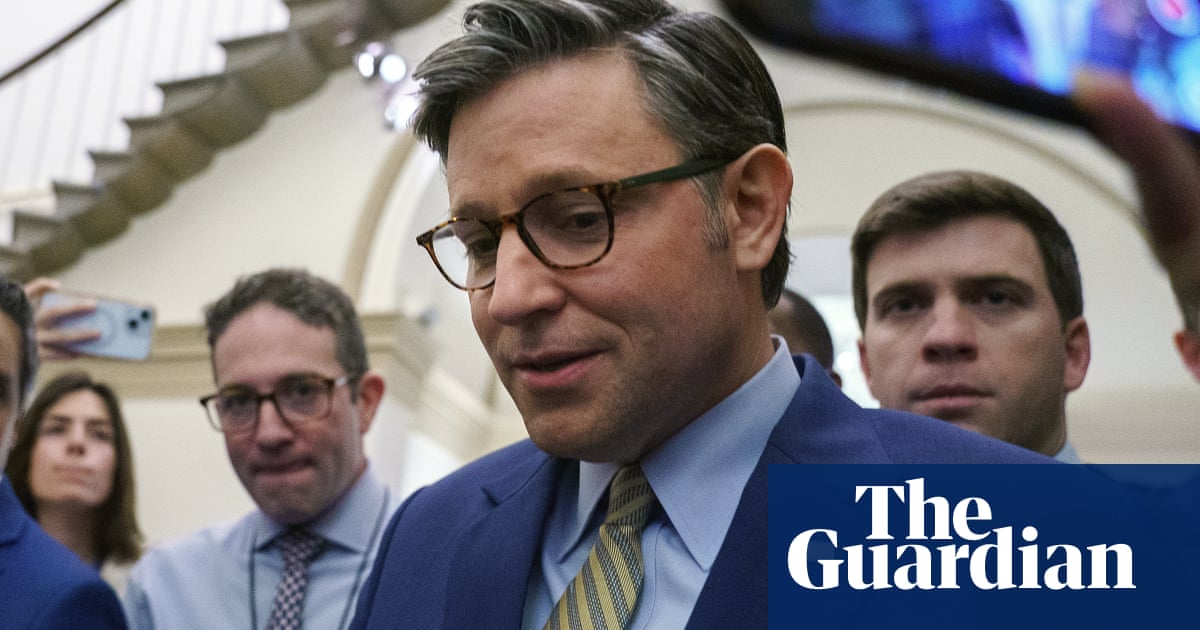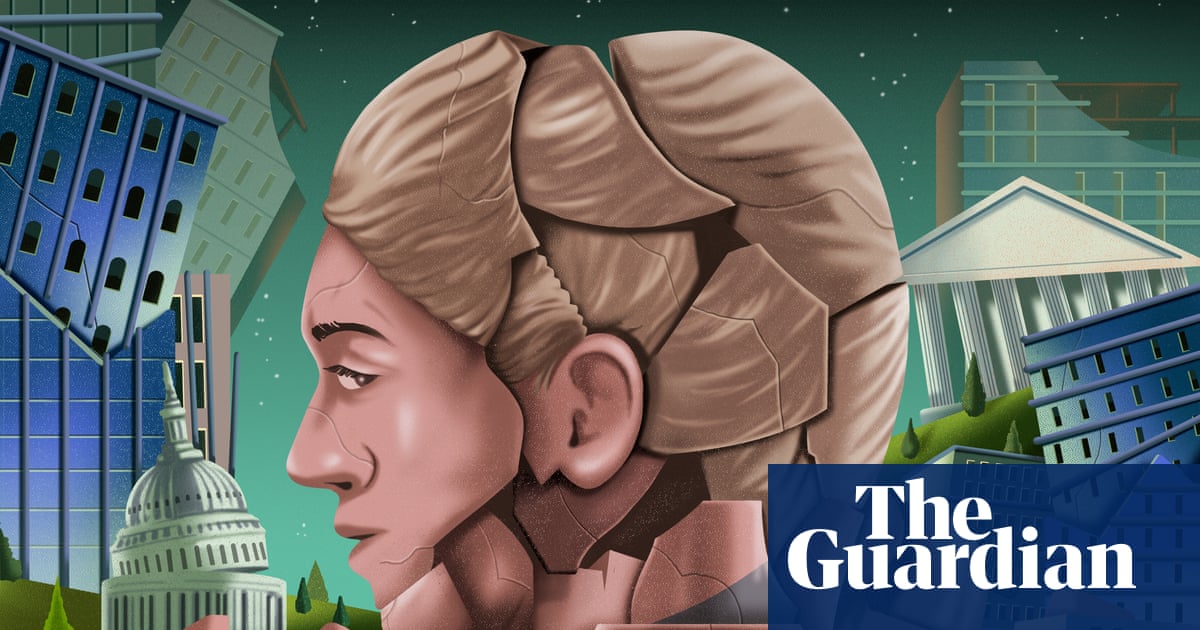President Donald Trump’s abrupt shift in rhetoric Tuesday toward Federal Reserve Chair Jerome H. Powell reflected the private lobbying of some of his senior advisers, who had urged the president to back off his incendiary attacks on the central bank, three people familiar with the matter said.
On Monday, the stock market fell precipitously as Trump attacked Powell as a “major loser,” fueling speculation that the president would move to fire the Fed chief. But by Tuesday afternoon, Trump appeared to dial back his rhetoric, saying he had “no intention of firing” Powell and arguing that the “press runs away with things.”
Stock futures jumped overnight, and markets surged Wednesday as trading opened.
The president’s shift followed the counsel of several administration officials, including Treasury Secretary Scott Bessent and Commerce Secretary Howard Lutnick, said the people, who spoke on the condition of anonymity to describe private deliberations. Officials argued to the president that the administration did not need further disruption in financial markets from an all-out battle with the Federal Reserve, and that it already had several major economic fights on its hands, including trade disputes and new tariffs, the people said. The slide in stocks made Trump more open to leaving Powell in his position than he would have been a month ago, one of the people said.
“I would like to see him be a little more active in terms of his idea to lower interest rates,” Trump said Tuesday. “It’s a perfect time to lower interest rates. If he doesn’t, is it the end? No, it’s not, but it would be good timing. It would be. … It could have taken place earlier. But no, I have no intention to fire him.”
Spokespeople for the Treasury and Commerce departments declined to comment.
White House spokeswoman Taylor Rogers said in a statement: “We do not discuss the President’s private conversations that may or may not have happened. The President has a terrific team of advisers that give him counsel on numerous topics, but at the end of the day, the President is the final decision-maker.”
The comments came as the president also dialed back his tone about a trade war with China. The Wall Street Journal reported Tuesday that the administration is considering slashing China tariffs by between 50 and 65 percent.
The White House did not immediately respond to requests for comment.
“We’re doing fine with China. We’re doing fine with every, I think, almost every country. Everybody wants to have involvement with the United States,” Trump said, adding that “they have to make a deal” eventually.
For years during his first term, Trump had toyed with the idea of removing Powell, only to be dissuaded by advisers who warned that such a move would upend markets and that he lacked the legal authority. Trump nominated Powell to his position, and then President Joe Biden named him to a second term. That appointment is due to expire next year.
In recent weeks and months, Trump had revisited the idea of dumping the Fed chair with new intensity, raising fears among longtime observers that he might finally act on it. Some of the restraints that had once held him back - legal caution, institutional norms and strong pushback from senior officials - had largely been removed.
Under federal law, the Fed chair can only be removed “for cause,” a term widely interpreted to mean serious misconduct or incapacity - not policy disagreement. But Trump and some of his allies have signaled an openness to challenging that precedent, arguing the statute leaves room for reinterpretation by a White House willing to push legal boundaries.
“The entire environment has shifted quite dramatically,” said Peter Conti-Brown, a Fed historian at the University of Pennsylvania.
Those fears spiked a week ago, after Powell gave a talk to the Economic Club of Chicago where he laid out in his strongest terms yet his worries about Trump’s economic policies, especially the tariffs.
Trump reacted negatively the following day, posting on his social media platform Truth Social that Powell’s “termination cannot come fast enough.” Then on Monday, Trump referred to Powell as a “major loser.” The president warned the U.S. economy could slow without an immediate reduction in interest rates amid the broader fallout from his trade war. The comments spurred a sell-off in all three major stock indexes, although the markets regained much of those losses Tuesday.
“Trump in the end did the smart thing,” said Stephen Moore, who has served as an outside economic adviser to Trump. “It’s pretty clear that the markets would have reacted very negatively to the firing of Powell and that given the turmoil in the markets we’ve seen in the last month or so, that this wasn’t a good time to add to more uncertainty.”
Related Content
Freedom Riders faced a mob at this bus station. DOGE wanted to sell it.
The Abrego García case: A timeline and assessment of key documents

 German (DE)
German (DE)  English (US)
English (US)  Spanish (ES)
Spanish (ES)  French (FR)
French (FR)  Hindi (IN)
Hindi (IN)  Italian (IT)
Italian (IT)  Russian (RU)
Russian (RU) 























Comments